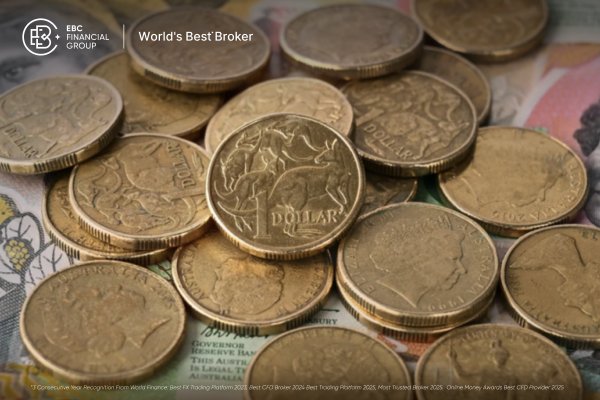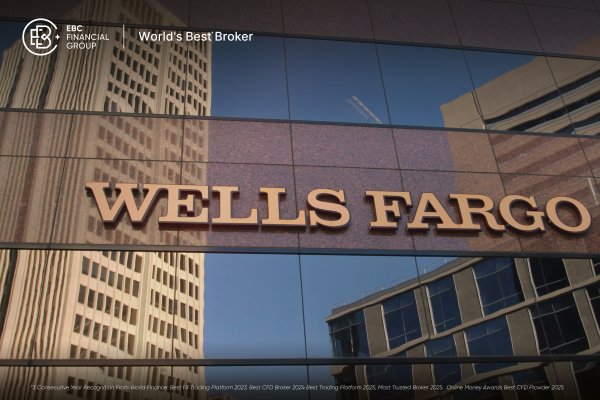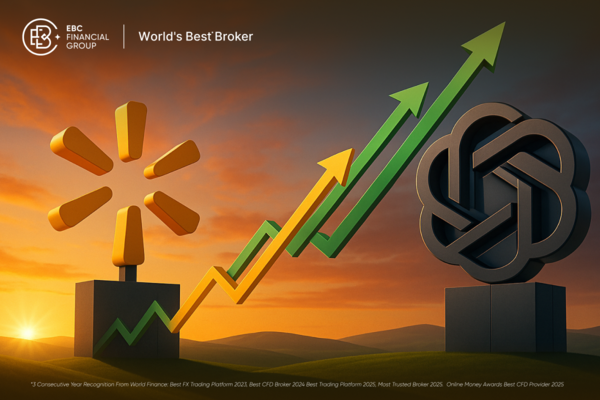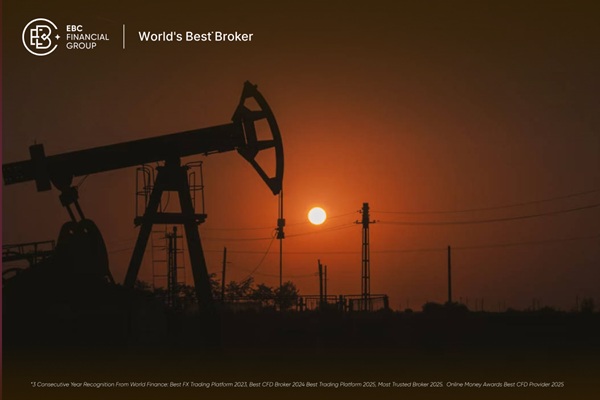For anyone planning to trade or invest in 2025, one of the most basic yet essential questions remains: what currency does Germany use? This simple query is more relevant than ever, not only for tourists and business visitors but also for economists tracking the eurozone's evolution.
In this article, we explore what currency Germany uses in 2025, why it has stayed the same for over two decades, and what potential changes may lie ahead. We will also look at how this affects international transactions, local pricing, and broader financial planning.
Germany's Official Currency in 2025
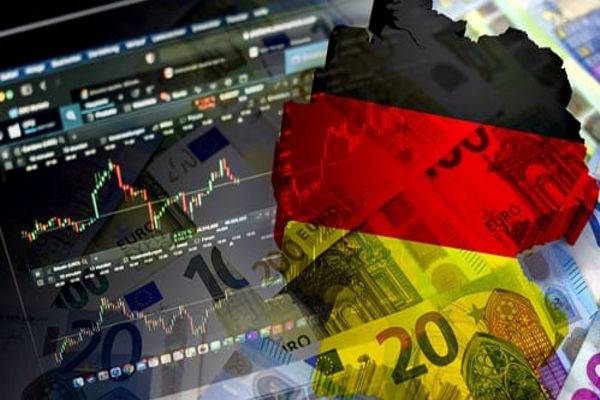
The official answer to what currency Germany uses in 2025 is straightforward: Germany uses the euro (EUR, €). It has done so since the early 2000s, when the euro replaced the Deutsche Mark (DEM) as part of the European Monetary Union's efforts to integrate economies and simplify trade within the European Union.
Despite global economic turbulence, inflation concerns and debates about the future of the EU, the euro remains the sole legal tender in Germany. Anyone asking what currency Germany uses today will find that the euro is not only accepted but embedded deeply in the country's financial systems, pricing structures and day-to-day transactions.
A Quick Look Back: From the Mark to the Euro
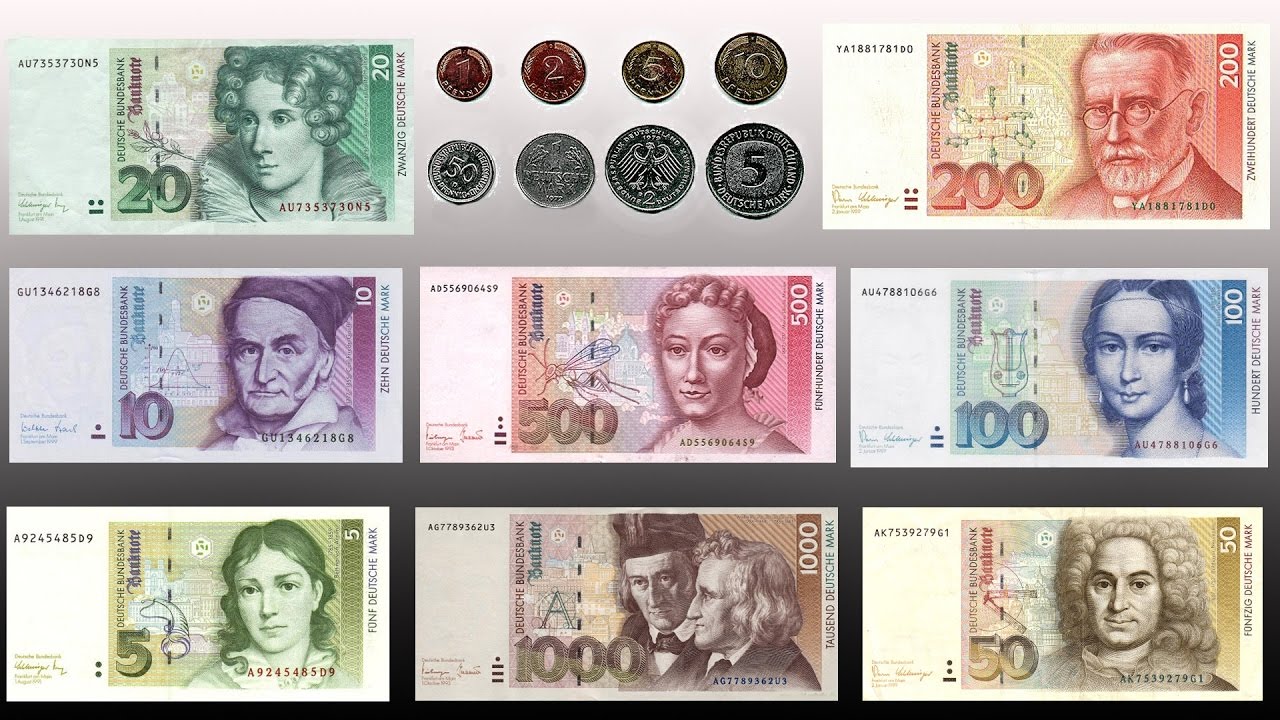
Before exploring what currency Germany uses now, it's useful to understand how it got here. Prior to 2002, Germany's national currency was the Deutsche Mark, one of the most stable and respected currencies in Europe. When the euro was introduced, Germany was among the first nations to adopt it, both in electronic form in 1999 and physical cash by 2002.
The shift was monumental. Prices were recalculated, cash machines reconfigured and bank accounts converted. The change triggered some early public scepticism, yet it ultimately paved the way for greater economic cooperation across borders.
This historical transition remains essential context for understanding what currency Germany uses in 2025. The euro represents more than just a method of payment – it reflects Germany's commitment to economic union within the EU.
Is the Euro Still Strong in 2025?
While the euro faced challenges in recent years – from post-pandemic recovery to inflation spikes and geopolitical shifts – it remains resilient. If you are wondering what currency Germany uses now because you are concerned about value or volatility, the euro continues to be one of the world's most traded and trusted currencies.
Germany's economic performance often anchors the eurozone. As the largest economy in the bloc, Germany plays a major role in maintaining confidence in the euro. This connection is another reason why there has been no shift in what currency Germany uses in 2025.
What Currency Does Germany Use Compared to Other EU Nations?
A common point of confusion arises when people assume all EU member states use the euro. While it is the official currency for 20 of the 27 EU countries, a few still maintain their national currencies. Countries like Sweden, Hungary and Poland, for example, continue to use their own monetary units.
So when asking what currency Germany uses, it is also helpful to consider Germany's alignment with the eurozone, not just the EU. This alignment strengthens trade, simplifies taxation, and reduces conversion fees for travellers and businesses alike.
Why Does It Still Matter What Currency Germany Uses?
Given how long Germany has used the euro, you might wonder why this question still comes up in 2025. There are several reasons. Firstly, the global financial landscape is constantly shifting, with digital currencies, central bank interventions and inflation making headlines.
Secondly, political debate within Germany occasionally revisits the euro's impact. Some conservative voices argue for more national financial autonomy, especially during crises. However, there is currently no serious policy move to abandon the euro, and thus, the answer to what currency Germany uses remains unchanged.
Finally, the rise of travel influencers, freelance workers and international entrepreneurs has increased interest in real-time currency knowledge. Whether people are asking for practical purposes or macroeconomic context, the relevance of what currency Germany uses endures.
Could Germany Ever Leave the Euro?
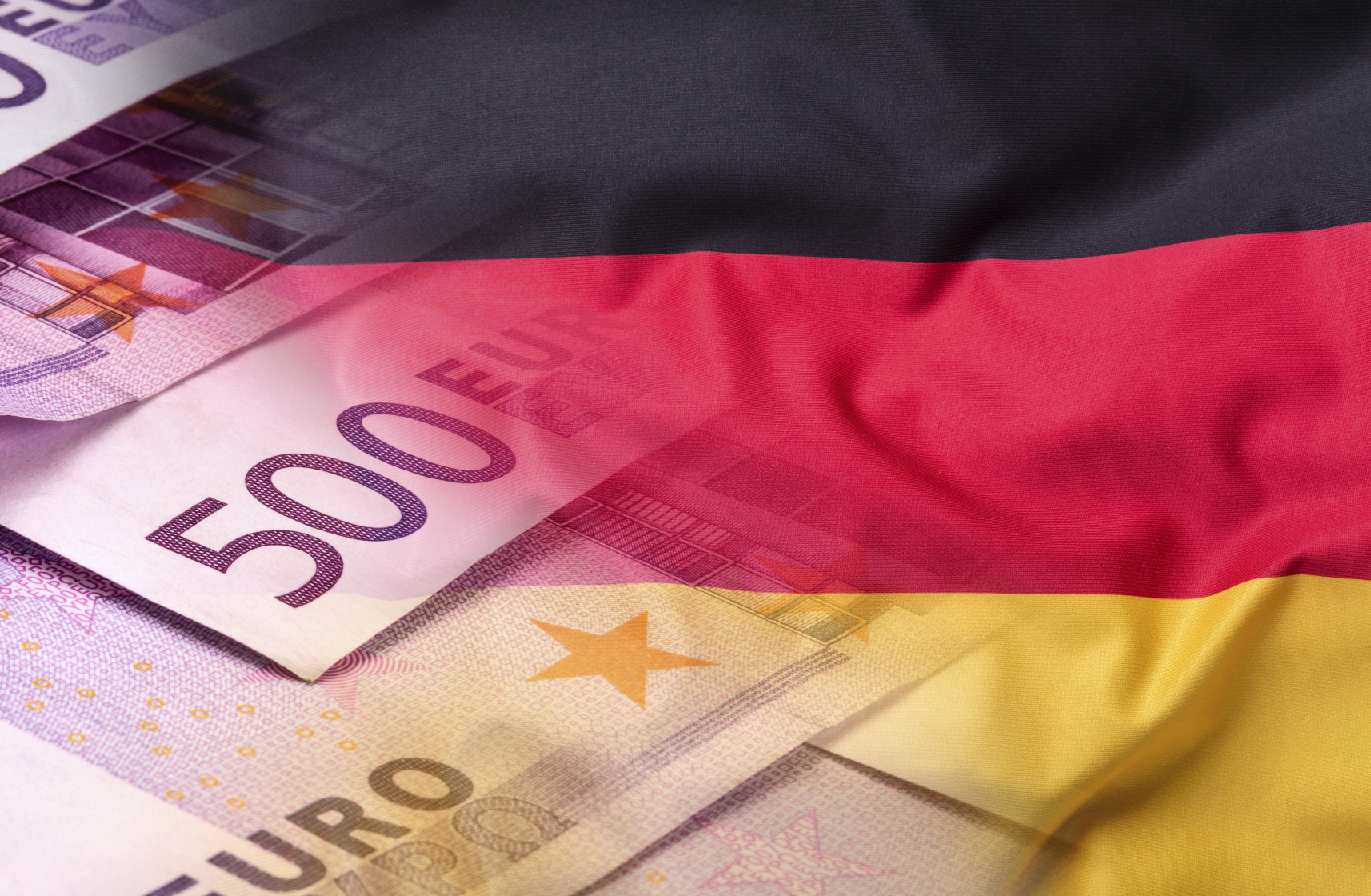
Although unlikely, the idea of Germany reverting to the Deutsche Mark occasionally emerges during times of crisis or electoral debate. However, experts widely agree that such a shift would be economically disruptive and politically unpopular.
Germany benefits heavily from the eurozone's shared infrastructure, and its central role gives it significant influence within European fiscal policy. Therefore, for those asking what currency Germany uses in 2025 and whether change is coming, all signs point to continuity.
A Digital Future for the Euro?
In addition to traditional currency use, the European Central Bank has been working on a digital euro, and Germany is at the forefront of these trials. This central bank digital currency (CBDC) is not yet in circulation, but its development may shape future answers to what currency Germany uses.
Still, even in a more digital future, the euro remains the foundation. The format may evolve, but the currency's identity is unlikely to shift.
Final Thoughts
So, what currency does Germany use in 2025? The euro. Simple, stable, and entrenched in every layer of financial life in Germany. Whether you are a traveller, a trader or just curious about Europe's monetary systems, understanding what currency Germany uses helps you prepare, plan and engage with one of the continent's most influential economies.
As economic discussions progress and digital money rises, the euro's role may change in form – but for now, Germany shows no sign of switching paths.
Disclaimer: This material is for general information purposes only and is not intended as (and should not be considered to be) financial, investment or other advice on which reliance should be placed. No opinion given in the material constitutes a recommendation by EBC or the author that any particular investment, security, transaction or investment strategy is suitable for any specific person.














